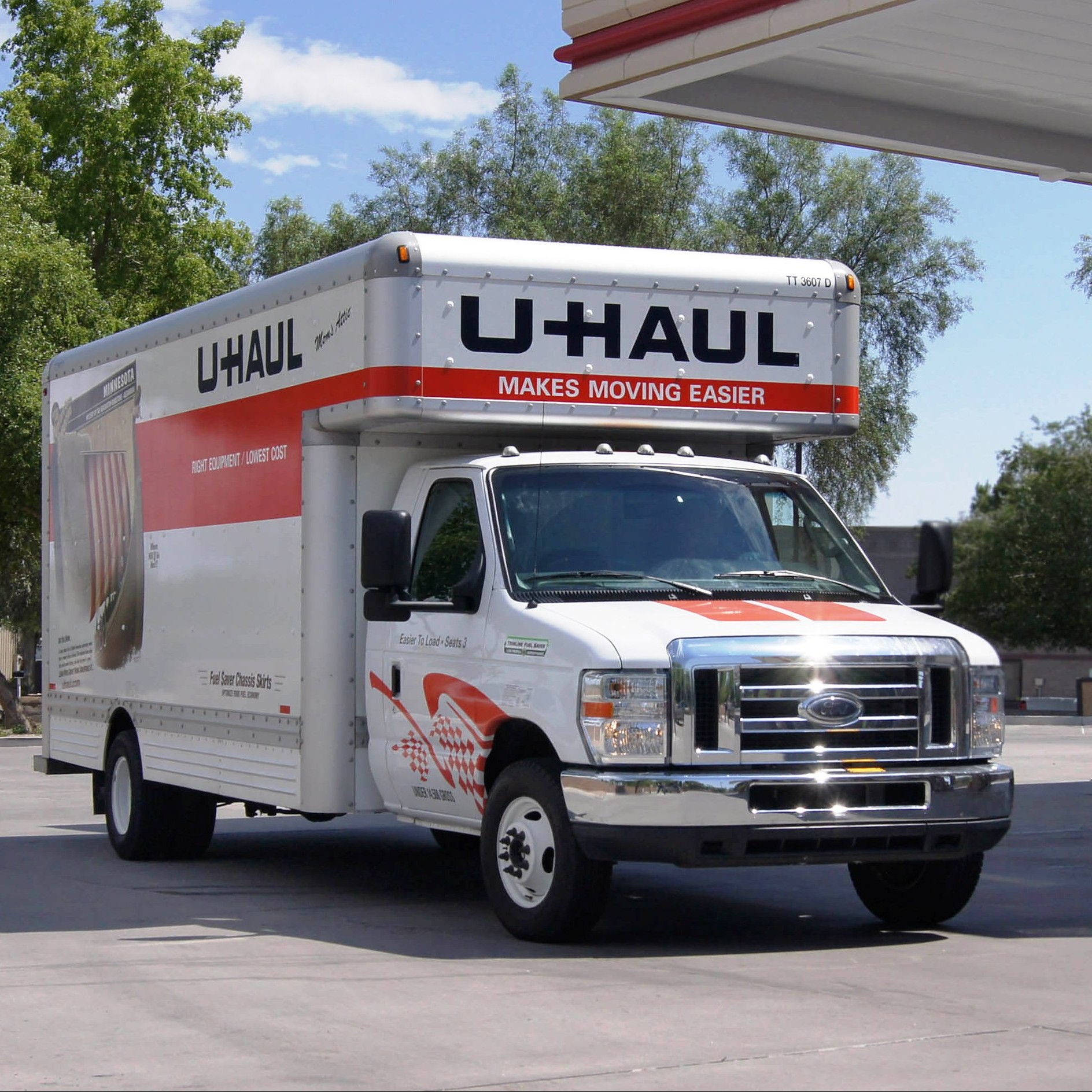Buying a home is an exciting journey, but it can also feel overwhelming, especially when it comes to understanding timelines and planning your move. How long does it take to find the perfect home and close the deal? What should you consider when preparing to relocate? In this guide, we’ll break down the average time needed to find and purchase a home in 2025, explain the closing process, and share practical moving tips to make your transition seamless.
Finding a Home: How Long Does It Take?
The time it takes to find a home varies depending on your needs, budget, location, and market conditions. Here’s a look at the factors and timelines involved:
-
Market Conditions: In a seller’s market with low inventory, finding a home can take longer due to high competition. In 2025, housing inventory is up 24.6% compared to last year, but it’s still below pre-COVID levels, meaning buyers may face some competition. Conversely, a buyer’s market with more homes available can shorten the search.
-
Personal Requirements: If you have specific needs (e.g., a certain number of bedrooms, a particular neighborhood, or accessibility features), your search may take longer. Being flexible can speed things up.
-
Average Time: On average, buyers spend 2–6 months searching for a home. This includes attending open houses, viewing listings online, and working with a real estate agent to narrow down options. In hot urban markets, the process might be quicker due to higher turnover, while rural or slower markets may extend the timeline.
Tip: Get pre-approved for a mortgage before you start looking. Pre-approval shows sellers you’re serious and helps you focus on homes within your budget, potentially speeding up your search.
From Offer to Closing: The Timeline
Once you find a home and make an offer, the closing process begins. Here’s how long it typically takes and what to expect:
-
Average Closing Timeline: The average time to close on a home in 2025 is 30–60 days after an offer is accepted, with most closings falling around 43 days for mortgage-financed purchases. Cash buyers can close as quickly as 7–10 days if contingencies like inspections are waived.
-
Key Steps in the Closing Process:
-
Offer and Negotiation (1–3 days): After your offer is accepted, you and the seller finalize the purchase agreement.
-
Home Inspection (4–10 days): Schedule a professional inspection to check for issues. You may negotiate repairs with the seller based on the findings.
-
Appraisal and Financing (7–25 days): Your lender orders an appraisal to confirm the home’s value. Final loan approval typically follows.
-
Title Search and Insurance (10–20 days): A title search ensures the property has no legal claims. You’ll also secure title insurance.
-
Final Walkthrough and Closing Day (1–2 days): You’ll do a final walkthrough 24 hours before closing to ensure the home is in the agreed condition. On closing day, you’ll sign paperwork, pay closing costs (typically 3–4% of the home price), and receive the keys.
-
-
Factors That Can Delay Closing:
-
Financing issues, such as changes in your credit or debt-to-income ratio.
-
Inspection or appraisal problems, like unexpected repairs or a low valuation.
-
Title issues, such as liens or disputes over ownership.
-
Seller delays, like needing extra time to move out or negotiating a leaseback agreement.
-
Tip: Work closely with your real estate agent and lender to stay on top of deadlines. Avoid taking on new debt during the closing process, as it can jeopardize your loan approval.
Moving In: When Can You Get the Keys?
In most cases, buyers can move in on closing day, often in the afternoon after the transaction is recorded. However, there are exceptions:
-
Seller Leaseback Agreements: Some sellers negotiate to stay in the home after closing (e.g., to give them time to move or buy a new home). This is common in seller’s markets and is detailed in the purchase agreement.
-
Recording Delays: If the deed isn’t recorded on closing day (e.g., due to a late closing or county office delays), you may need to wait 1–3 days. Avoid scheduling movers on closing day if your county has recording delays.
-
Strata or HOA Rules: If you’re buying a condo or a home in a managed community, check for restrictions on move-in hours or elevator access. Give at least two weeks’ notice to the strata for elevator keys or move-in permissions.
Tip: Confirm the possession date in your contract, as it may differ from the closing date. Plan your move for 1–3 days after closing to account for potential delays.
Moving Considerations: Tips for a Stress-Free Transition
Moving is a big undertaking, but thoughtful planning can make it smoother. Here are key considerations and tips:
1. Timing Your Move
-
Coordinate with Closing: Schedule movers for the possession date, ideally 1–3 days after closing to avoid delays.
-
Bridge Financing or Temporary Housing: If you’re selling and buying simultaneously, consider bridge financing to close on your new home before selling your current one. Alternatively, arrange temporary accommodations or storage if there’s a gap between moves.
-
Avoid Fridays or Holidays: Closing on a Friday or near a holiday can lead to delays if banks or county offices close early. Aim for midweek closings to ensure a smooth process.
2. Logistics and Planning
-
Book Movers Early: Moving companies book up quickly, especially at month-end. Reserve your movers 2–4 weeks in advance.
-
Declutter Before Packing: Sort through belongings and donate, sell, or discard items you don’t need. This reduces moving costs and simplifies unpacking.
-
Label Boxes: Clearly label boxes with their contents and destination room (e.g., “Kitchen – Pots and Pans”). This makes unpacking easier and helps movers place boxes correctly.
-
Pack an Essentials Box: Include items you’ll need immediately, like toiletries, clothes, chargers, and important documents. Keep this box with you during the move.
3. Utilities and Services
-
Set Up Utilities in Advance: Contact utility providers (electricity, water, gas, internet) at least two weeks before your move to ensure services are active on move-in day. Cancel utilities at your old home after you move out.
-
Update Your Address: Notify banks, employers, subscriptions, and the post office of your new address. Set up mail forwarding to avoid missing important documents.
-
Home Insurance: Secure homeowners’ insurance before closing, as it’s required by lenders. Provide proof of insurance on closing day.
4. Preparing Your New Home
-
Clean Before Moving In: If possible, clean your new home before furniture arrives. Consider hiring a professional cleaning service for a thorough job.
-
Inspect Included Items: Review your contract to confirm which items (e.g., appliances, fixtures) the seller agreed to leave behind. Check these during the final walkthrough.
-
Plan for Repairs or Updates: If you want to paint, replace flooring, or make other changes, do so before moving furniture in to save time and effort.
5. Budgeting for the Move
-
Moving Costs: Expect to pay $500–$2,000 for local moves or $2,000–$10,000 for long-distance moves, depending on distance and volume. Get quotes from multiple moving companies.
-
Closing Costs: Budget 3–4% of the home’s purchase price for closing costs, including lender fees, title fees, and taxes.
-
Unexpected Expenses: Set aside a small emergency fund for surprises, like last-minute repairs or temporary housing.
6. Emotional and Practical Considerations
-
Prepare Kids and Pets: Explain the move to children and arrange for their care on moving day. For pets, create a safe space during the move and update their tags with your new address.
-
Take Time to Settle In: Moving can be stressful, so give yourself grace as you unpack and adjust to your new home. Prioritize setting up key areas like the kitchen and bedrooms first.
Final Thoughts
Finding and closing on a home in 2025 typically takes 2–6 months to find the right property and 30–60 days to close, though cash buyers or those in fast markets may move quicker. By getting pre-approved, staying organized, and working with an experienced real estate agent, you can streamline the process. When it comes to moving, plan ahead, budget wisely, and tackle logistics like utilities and movers early to ensure a smooth transition.
Ready to start your home-buying journey? Connect with one of our expert real estate agents today to find your dream home and navigate the process with confidence!

⭐⭐⭐⭐⭐ 5-Star Review for The JK Team
I recently worked with The JK Team to purchase my first home, and I can’t recommend them enough! From start to finish, their father-daughter duo brought an incredible blend of expertise, professionalism, and personal care to the process. With their combined 22 years of experience in Berks, Montgomery, and Lancaster Counties, they truly know the local market inside and out.
The home-buying journey took about 4 months from start to closing, which felt seamless thanks to their guidance. They helped me get pre-approved quickly, narrowing down homes that fit my budget and needs. Their local market knowledge was invaluable—John provided detailed insights on pricing trends and neighborhood dynamics, while their network of trusted lenders and contractors made every step, from financing to inspections, stress-free. They even used the Move Meter tool to compare locations based on affordability and lifestyle factors, which helped me make confident decisions.
What stood out most was their communication. They kept me informed at every stage, explaining complex steps like the appraisal and title search in a way that was easy to understand. When we hit a minor snag during the inspection, they negotiated repairs with the seller efficiently, ensuring we closed in just 38 days after the offer was accepted. Their marketing resources, like virtual tours and comprehensive market reports, gave me a competitive edge in a tight market.
For anyone planning a move, The JK Team also offered practical advice, like scheduling movers a few days after closing to avoid delays and setting up utilities early. Their attention to detail and commitment to my success made all the difference. Whether you’re buying, selling, or investing, The JK Team is the best choice in Pennsylvania real estate. Thank you for helping me find my dream home!
— Mike Richter

 Facebook
Facebook
 X
X
 Pinterest
Pinterest
 Copy Link
Copy Link
